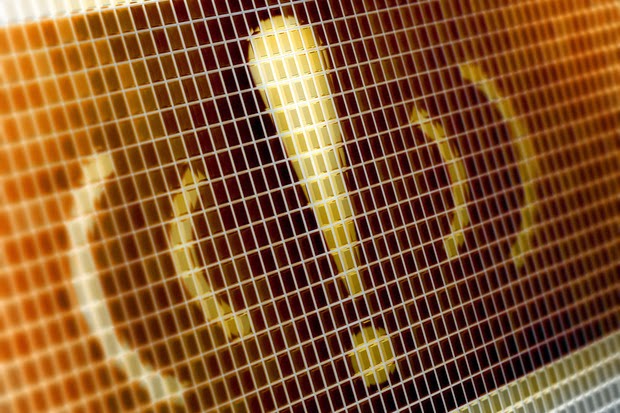Solid State Drive (SSD) vs Hard Disk Drive (HDD)
SSD Vs HDD Comparison
Now it’s time to do some comparisons and determine which might be best for your individual needs - SSD or HDD? The best way to compare items is a table with a side by side comparison of items in which a green box indicates an advantage:
| Attribute | SSD (Solid State Drive) | HDD (Hard Disk Drive) |
| Power Draw / Battery Life | More power draw, averages 6 – 7 watts and therefore uses more battery | |
| Cost | Expensive, roughly $0.10 per gigabyte (based on buying a 1TB drive) | |
| Capacity | Typically not larger than 1TB for notebook size drives; 1TB max for desktops | |
| Operating System Boot Time | Around 30-40 seconds average bootup time | |
| Noise | Audible clicks and spinning can be heard | |
| Vibration | The spinning of the platters can sometimes result in vibration | |
| Heat Produced | HDD doesn’t produce much heat, but it will have a measurable amount more heat than an SSD due to moving parts and higher power draw | |
| Failure Rate | Mean time between failure rate of 1.5 million hours | |
| File Copy / Write Speed | The range can be anywhere from 50 – 120MB / s | |
| Encryption | Full Disk Encryption (FDE) | |
| File Opening Speed | Slower than SSD | |
| Magnetism Affected? | Magnets can erase data |





Comments
Post a Comment